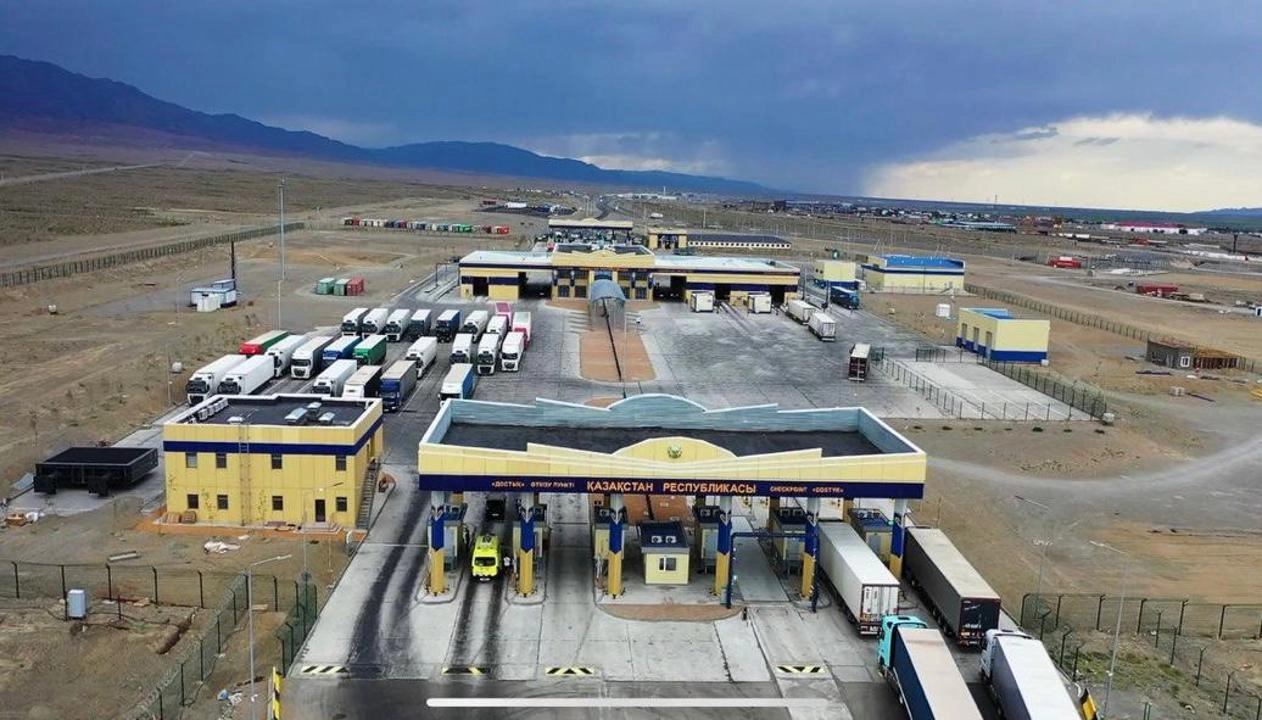The cargo ship Morning Midas, en route from the Chinese port of Yantai to Mexico's Lazaro Cardenas, sank in the Pacific Ocean on June 23, 2025 after a three-week battle with fire and difficult weather conditions. The ship was carrying about 3,000 vehicles, including 800 electric vehicles.
According to the shipping company Zodiac Maritime and the Marine Traffic platform, the fire on board began on June 3, when Morning Midas was 555 kilometers southwest of Adak Island (Aleutian Islands). Presumably, the fire occurred in one of the compartments where electric vehicles were placed. Experts consider the version of a short circuit or overheating of lithium-ion batteries as the most likely cause.
Onboard extinguishing systems were ineffective in the conditions of spreading fire, and rescue tugs that arrived on June 9 were unable to stabilize the ship. The heavy storm that accompanied the operation worsened the damage to the hull. In the end, Morning Midas went under water 360 nautical miles from the coast, reaching a depth of about 5,000 meters.
The US Coast Guard promptly evacuated all 22 crew members, without any casualties or injuries. At the time of the evacuation, the ship had already lost its course, and the fire spread to several decks.
There were about 350 tons of diesel fuel and 1,530 tons of fuel oil on board. Experts warn about the possible risk of environmental pollution. Representatives of Zodiac Maritime and the US Coast Guard continue to monitor the area of flooding to minimize the threat to marine life.
Morning Midas belonged to the type of car carrier ships and was built with the expectation of transporting large batches of equipment between continents. In recent years, such vessels have increasingly carried electric vehicles, whose lithium-ion batteries require special safety measures due to their potential for fire hazard. The growing share of "green" vehicles on board such vessels is of concern to marine logistics experts and insurance companies.
The investigation into the incident continues. Inspectors and maritime safety specialists analyze data from the Automatic Identification System (AIS), ship logs and crew certificates. At the same time, an assessment of environmental damage and consideration of the possibility of changing international protocols for the transport of electric vehicles by sea is being conducted.











